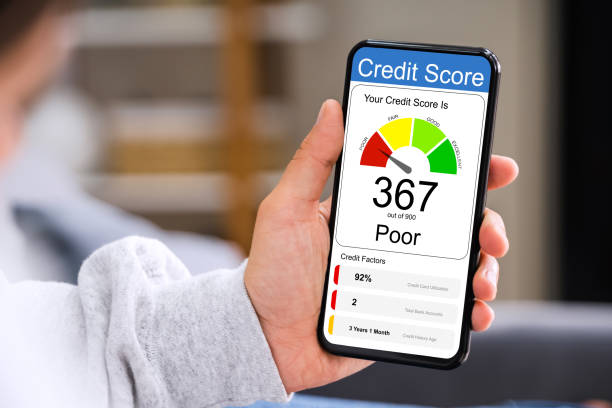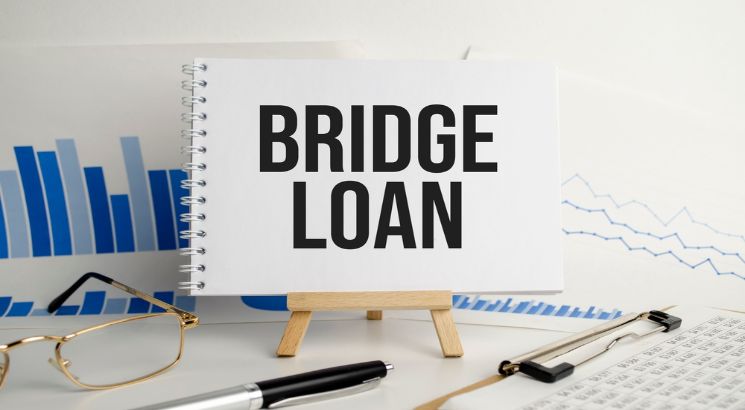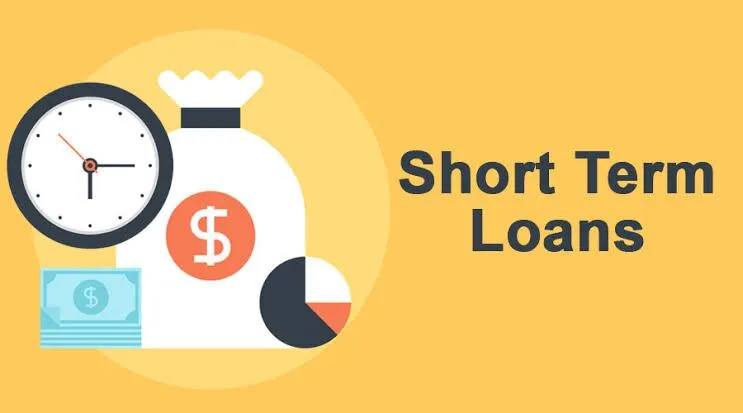
Debts exist, and they are a reality. They aren’t bad, though. But, because they are a payment we still need to make, they keep on playing at the back of our heads.
And that’s uncomfortable!
In order to come up with a good debt consolidation package, you are to find a way for yourself. Look at your present income and find out your current priorities (financial, of course). When you have reached a point of clarity with your own income statement and standard of living, you may approach and negotiate with the direct lender.
We are going to learn how we can do that fruitfully.
Learn Negotiating with Direct Lender for Debt Consolidation
Negotiating debt is the process of speaking with your lender with evidential support to come up with a repayment statement. Usually, a negotiation requires finalising a one-time payment.
When you are considering consolidating your previous debts with new credit, you may need to think of terms before you get loans from direct lenders. As a matter of fact, most debts keep you in a challenging financial condition. In this circumstance, it can make you go over complicated money matters, which can appear pressurising to you.
But you can always solve the problem when you are ready for negotiation. Being in the process of negotiation in a positive manner means you are frank with your condition, and you want a quick solution to your problem. The willingness to negotiate early on and professionally is something direct lenders look for concerning a debt consolidation loan.
Here are some of the negotiation strategies that will come to use:
- Show Your Lender You’re Struggling Financially
- Find a Low-Interest Rate
- Choose One-Time Payment
- Create Strategies for Repayment
- Take out a Debt Consolidation Loan
You will learn of more ways in the process of negotiation. For now, we can concentrate on learning more regarding these points:
- Show Your Lender You’re Struggling Financially
It is highly important that you show your lender that you are in poor financial condition. According to Investopedia, you must make it clear to your lender that you are stuck in bad condition in the financial sense.
Sometimes, you need evidence to raise the sympathy of your lender because that is your initial target in negotiating debts. If you have a poor credit score and report, don’t hesitate to expose it to your lender. To make this more effective, cut down expenses from that card to almost zero for a few months. It impacts the lenders in your favour.
- Find a Low-Interest Rate
Most lenders will say yes when you want to consolidate debt at a lower interest rate. It is not the lower interest rate that the lenders are concerned about. It is your genuine will to repay the money and ultimately approach making repayments.
If you make a one-time repayment, then your chances of getting approved for a lower interest rate increase. With that, you may also earn the option to get over with the loan term pretty soon. It helps you with fast relief as well.
- Choose One-Time Payment
A one-time repayment is a good option for repaying loans. One-time payments are usually generic for debt negotiation processes (mentioned earlier). With one-time repayment plans, you may not have to bear extra costs for interest rates. Some lenders might also sympathise with your condition and offer you relaxed interest rates or other changes. However, these changes are optional and voluntary because they depend on the lender’s choice.
You can arrange ways of repayment. However, if you cannot, then there are definitely some other ways. Instead of looking for other options, sticking to one-time repayment might help you to get rid of the loan faster. Look for advanced ways to arrange the money to finalise one-time repayment.
Speaking of advanced measures, you can consider a bad credit no guarantor consolidation loan from another direct lender. I will speak more about this later in this post.
- Create Strategies for Repayment
As far as loan negotiation procedures are concerned, we have got two ways for that. One is known as forbearance agreements and long-term repayment plans. Here are their definitions are given below:
| Forbearance Agreement In this agreement, you agree to pay off the money to your lender by means of a one-time payment. As a favour, you gain a time period when you don’t have t make payments. But your interest will continue. | Long-Term Repayment Plan In this case, you settle with your lender to pay off the money in a long-term agreement. The perk of this option is that you either get reduced interest rates or no rates at all. |
- Take out a Debt Consolidation Loan
Sometimes, you need to use a smarter strategy. As mentioned earlier, debt consolidation loans can quickly solve issues in negotiating debts. For example, you have a large debt amount in your head, and you know making one-time repayment will get you complete relief. It is because not paying off the debt will result in increased interest rates.
You don’t want that.
As a strategy to counter the loans, choose any of the debt consolidation loans for bad credit with no guarantor involved. Your bad credit situation is wholly nullified over here because you get these loans from direct lenders. If you have a good income, then the need for a co-signer is also ignored, along with low credit situations. As a result, you get a lump sum disbursed in your bank account within a day to make that one-time repayment.
- Why a debt consolidation loan, though?
It will offer you a longer and more comfortable repayment period. You can repay using part of your income without worrying about the said condition of your credit profile. Direct lenders often take part in the process of debt consolidation and help you to pay your debts off in a comfortable way. If you have multiple interest rates, then a consolidation loan takes all those rates into one singular rate, which is actually easier for you to pay and more affordable in many regards.
To Conclude
Always remember that negotiating a debt means there are many ways available.
You just need to find it and learn that’s the most effective way. So, take your time and come up with a solution.
A pro tip: Don’t forget to communicate effectively.

Jessica Rodz is the Senior Content Writer at Cashfacts. She has a long career in the field of content writing and editing. Jessica has the expertise in the UK lending marketplace where she has worked with 7 different lending organisations and acquired many responsibilities from preparing loan deals and writing blogs for their websites.
At Cashfacts, Jessica is managing a team of experienced loan experts and doing a major contribution in guiding the loan seekers via well-researched blogs. She has done graduation in Business (Finance) and now currently doing research papers on the UK financial sector.





